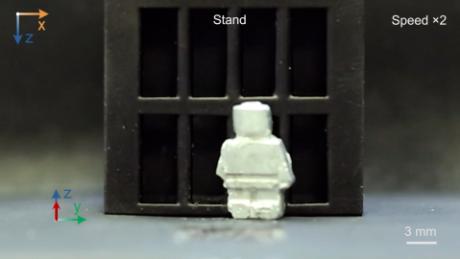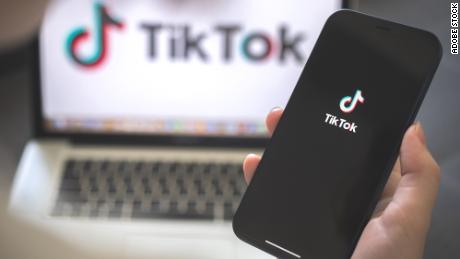New York (CNN Business)Electronics manufacturers face weeks of delays in parts shipments because of coronavirus. That could affect the availability of a number of tech products down the road.
Roughly 65% of electronics makers reported suppliers told them that the coronavirus outbreak will result in shipment delays, according to a survey released this week by electronics trade group IPC. Most expect the delays to last four to six weeks.
IPC surveyed its members about coronavirus last week and compiled the report based on 150 respondents. Those companies include suppliers, manufacturers and sellers of products ranging from electric lawn mowers or cars to smartphones or cable boxes.
"Many US and European-based manufacturers rely on inputs from China in order to produce finished goods in their domestic factories," the report states. "Delays in these inputs result in delays in production of finished goods."
Coronavirus wreaked havoc on financial markets this week as fears mounted that the disease could become a pandemic. Some companies have warned investors that they could miss financial targets previously set for the quarter.
The tech industry is especially vulnerable to issues in China because much of its supply chain and production is centered in the country. Because of the coronavirus outbreak, many Chinese factories and suppliers were forced to remain closed longer than expected following the Chinese New Year holiday, and travel restrictions and quarantines for workers have hampered their ability to quickly return to full capacity.
Some survey respondents said they're looking for other countries from which to source supplies, but that process can be long and complicated.
Apple (AAPL) told investors last week it will likely miss its revenue projections for the quarter because coronavirus is causing challenges for making and selling iPhones. Microsoft (MSFT) announced Wednesday it also expects to fall short of its quarterly guidance for sales of Windows and Surface laptops because its supply chain is returning to normal at "a slower pace than anticipated."
Those announcements, however, likely aren't a reflection of the IPC survey's findings. The survey points to longer-term effects on the industry because electronics manufacturers typically place orders for supplies months in advance of when they actually plan to deliver finished products to the sellers, according to Shawn DuBravac, chief economist at the IPC.
It's hard to tell just how significantly the current delays will affect availability of finished tech products in the coming months, DuBravac told CNN Business.
"It really depends on a few things: how long the delay goes, if it's extended beyond current expectations and which components are delayed," he said. "The finished product is nothing more than the sum of a lot of individual components, so if even one of those doesn't show up, they can't start manufacturing until they have it."
Already, the survey shows most manufacturers anticipate a situation worse than what they're hearing from suppliers. While companies are being told by suppliers to expect, on average, three weeks of delays, most say they're expecting an average of five weeks of delays.
Many companies maintain inventories sufficient to sustain them for several weeks, but if the delays continue, that could be an issue that changes what's available to buy on big shopping days later in the year like Amazon Prime Day or Black Friday.
And the survey found that even if suppliers and manufacturers' factories get back up and running, transportation disruptions caused by coronavirus could extend the time it takes for finished products to make it to consumers.
One company responded to the survey saying coronavirus was causing issues for the company's US assembly operations because it relies on Chinese suppliers.
"I believe the worst is yet to come," the company's response reads. "Even when the factory gets started, we are very concerned about being able to get product to customers based on the air transportation situation ... We are reliant on logistic carriers which are fully backed up."
But DuBravac said the delays are unlikely to affect entire categories of products, but rather just certain models of devices. Companies can respond to supplies shortages by reengineering certain products or by focusing on producing and promoting models for which all of the supplies are available.
"I've been talking with electronics manufacturers since the end of January and they were already spinning up resources to monitor it and address it," DuBravac said. "A lot of it is around information capture ŌĆö let me increase the frequency in which I'm talking to my suppliers so I can prepare my downstream customers. At the same time, I'm going to try to find some other suppliers and talk to my customers and see if there's alternatives that they are aware of or are willing to do."



















